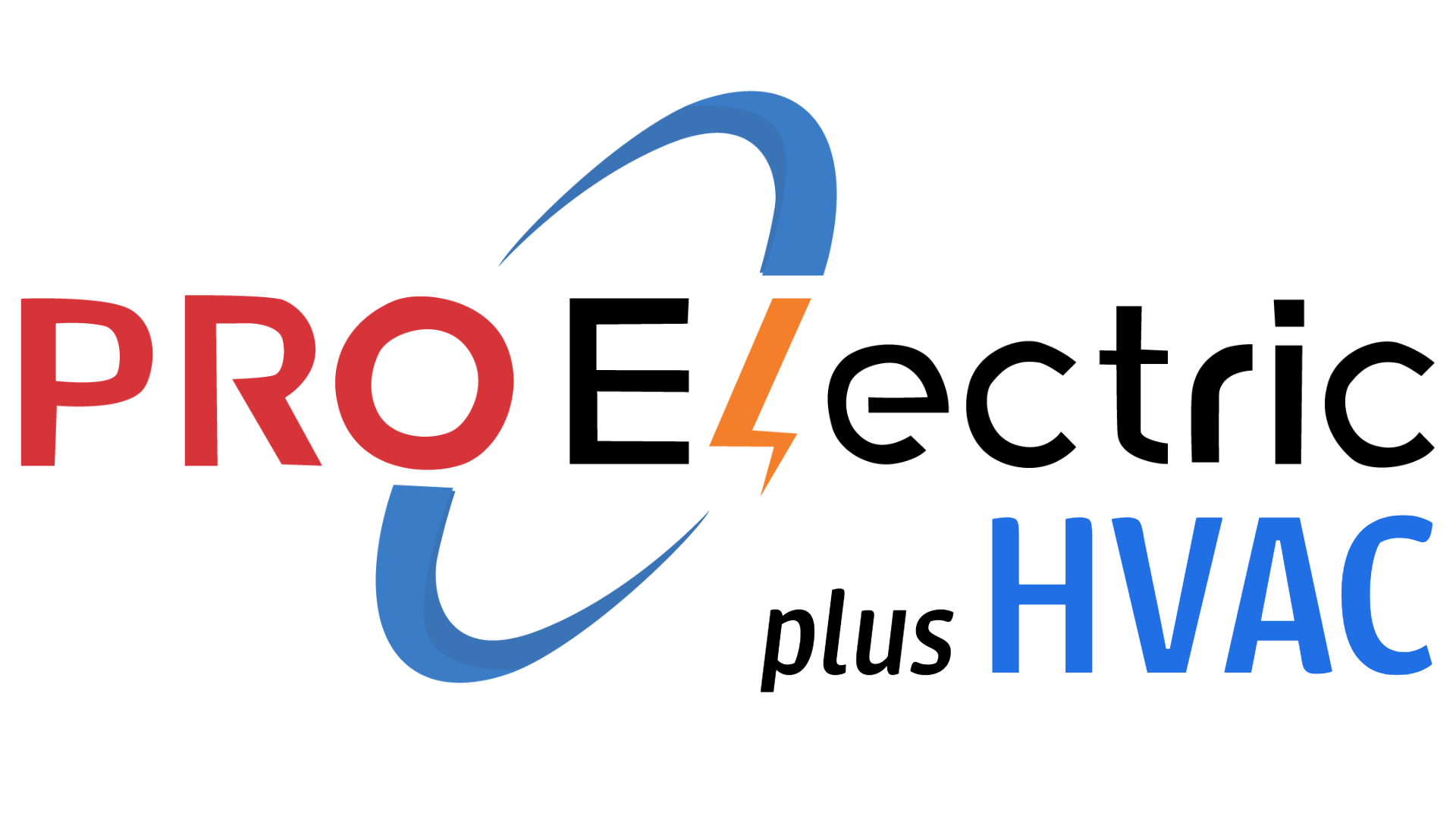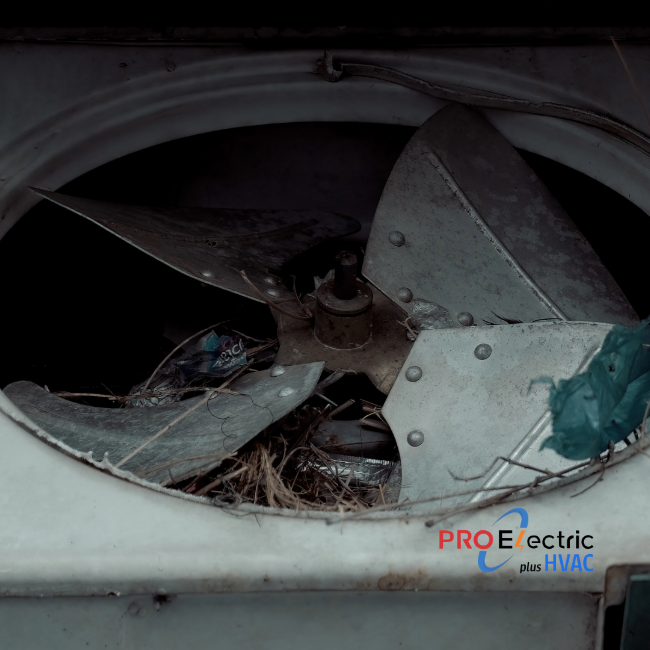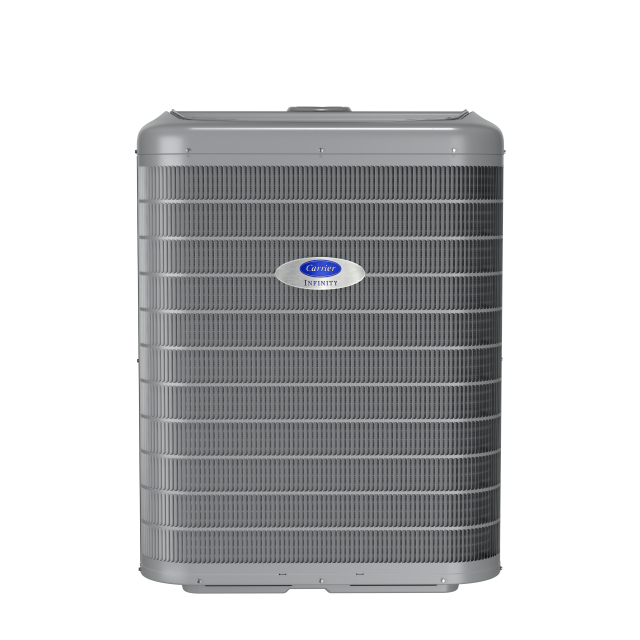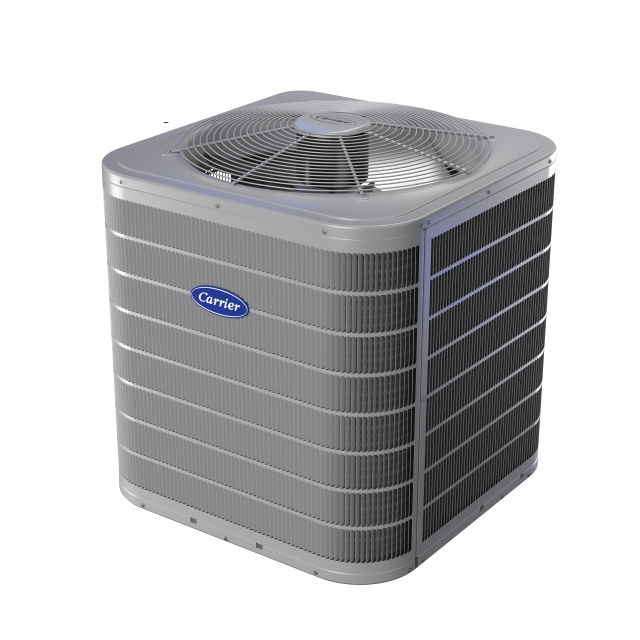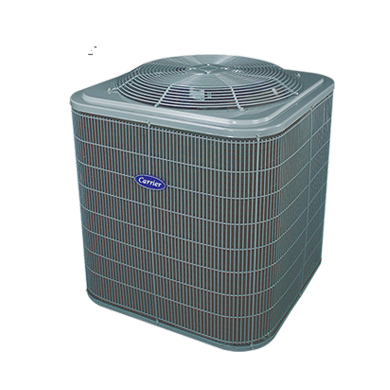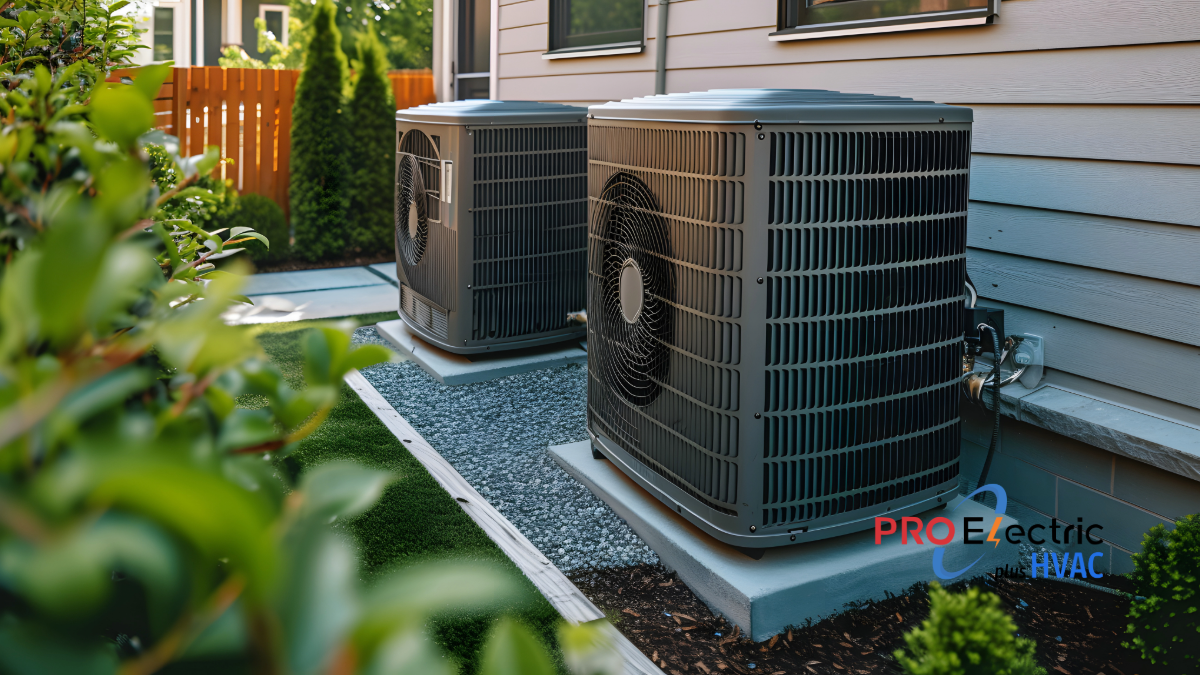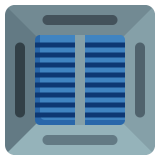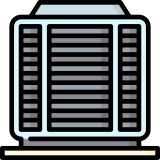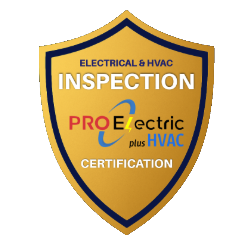FAQs About Aging Residential AC and Heat Pump Systems
How long should my central air conditioner last before I need to replace it?
In my experience, a well-maintained central AC typically lasts around 15 to 20 years. I’ve seen some systems reach the 20-year mark, but once you pass about 15 years it’s wise to keep an eye on performance and plan for an upgrade. Regular maintenance definitely helps maximize that lifespan.
Is the lifespan of a heat pump about the same as an air conditioner?
Heat pumps often last slightly less on average – around 10 to 15 years is common – because they run year-round for both heating and cooling. With good maintenance and a quality system, I’ve seen some heat pumps make it to 15 or even 20 years, but generally it’s a similar ballpark to AC units. I usually tell homeowners to start planning for replacement once a heat pump is in the mid-teens, especially if you notice performance dropping off.
My AC is 15+ years old – should I repair it or start thinking about a new one?
Once an AC is around 15 years old, I usually prepare homeowners for replacement rather than pouring money into big repairs. Past that age, efficiency drops and major parts like the compressor can fail, so investing in a new unit often makes more financial sense. If it’s running okay and repairs have been minor, you can stretch it a bit, but be ready – any significant repair at this stage is a sign to start looking at new systems.
What signs tell me my AC or heat pump is wearing out or failing?
There are a few telltale signs. If your system is frequently breaking down, struggling to reach the set temperature, or driving up your electric bill for no clear reason, it’s likely on its last legs. Other red flags I tell homeowners to watch for include unusual noises (like rattling or grinding), leaks (especially refrigerant leaks), or weak airflow. Seeing a couple of these symptoms together is a good indication that the AC or heat pump is nearing the end of its useful life.
I’ve had to repair my AC multiple times recently – is it time to consider replacement?
If you’re calling for repairs over and over, it’s a strong indicator that a replacement is on the horizon. In my experience, those repair bills add up quickly, and at some point it’s more cost-effective to put that money into a new, reliable unit. I usually advise that if you’ve had major fixes more than once in a season, it’s time to seriously consider upgrading instead of paying for yet another repair.
Why do older AC units cost more to run than newer ones?
Older ACs tend to be much less efficient than newer models. Over time, wear and tear makes them work harder for the same cooling, and the technology from 15-20 years ago just isn’t as energy-saving as today’s units. The result is you often see higher electric bills with an aging unit. This is one big reason many people upgrade even before an old AC completely dies.
Will a new air conditioner really save me money on electricity?
In most cases, yes – a new AC with a high efficiency rating can significantly cut your cooling costs. Modern units use advanced technology to cool your home with far less power than older models. Many homeowners are pleasantly surprised at how much lower their summer electric bills are after upgrading to a new system. The energy savings can help offset the upfront cost of replacement over time.
My energy bills keep climbing each summer – could my aging AC be the reason?
It definitely could be. As AC systems age, their efficiency can drop and they may need to run longer to cool your home, which drives up energy use. If your usage habits haven’t changed but your bills are rising, your old AC might be the culprit. Often I find that upgrading an older, inefficient unit brings those bills back down to a reasonable level.
The cooling in my house isn’t consistent anymore – is my AC getting too old?
It’s very possible. An older AC might struggle to cool your home evenly, especially if parts are worn out or if the system’s capacity has diminished over time. Sometimes duct or airflow issues cause uneven cooling, but if your unit is aging, it could simply be not performing like it used to. In Northern Virginia’s climate, I’ve seen old systems really strain on peak summer days, leaving some rooms warmer than others.
My old AC still runs, but not as well as before – should I replace it before it dies completely?
I generally recommend not waiting until it completely fails, especially if it’s already struggling. If it’s limping along now, a breakdown might be around the corner – likely on the hottest day when it’s working its hardest. By replacing on your own schedule (instead of during an emergency outage), you can plan the project, compare options, maybe take advantage of off-season deals, and avoid being without AC unexpectedly.
What problems do older heat pumps usually develop?
Older heat pumps can start having trouble maintaining temperature in extreme weather. I often see issues like the heat pump running almost constantly or relying on its emergency electric heat more often (which drives up your bill) as it ages. They can also suffer from things like refrigerant leaks or failing compressors over time, just like an AC. Essentially, a heat pump faces the same wear-and-tear issues as an older AC, plus the strain of year-round use for both heating and cooling.
Do heat pumps lose efficiency as they age like AC units do?
Absolutely. Just like an AC, a heat pump will gradually become less efficient over the years, especially if it hasn’t been meticulously maintained. Components wear down, coils get dirty, and the system can’t heat or cool as effectively at 12-15 years old as it did when new. So yes, an older heat pump typically uses more electricity to do the same job, compared both to when it was new and to a modern unit of the same size.
My heat pump is over a decade old and runs year-round – how can I tell if it’s nearing the end of its life?
Running all year does put extra mileage on a heat pump. If yours is 10+ years old, pay attention to signs like having trouble keeping up with your thermostat setting in the dead of winter or the peak of summer, unusual noises, or needing repairs more often. By the time a heat pump hits the 12- to 15-year mark, I usually advise homeowners to start budgeting for a replacement, because the wear of continuous use catches up around then.
Is it worth fixing a major issue on an older AC, or should I invest in a new unit instead?
It really depends on the cost of the fix, but generally if a major component like the compressor or coil fails on a system that’s, say, 12-15+ years old, I lean towards replacement. A big repair can easily run you a significant chunk of the price of a new unit, and there’s a good chance something else will go wrong soon on an older system. I’d rather see you invest that money in a new AC that comes with a warranty, better efficiency, and peace of mind, than sink a lot into an aging unit with an uncertain future.
At what age does it usually make more sense to replace an HVAC system rather than repair it?
A common rule of thumb I use is that around 15 years old, you should weigh any repair very carefully. If your system is in its mid-teens or older and needs an expensive fix (or has needed several repairs recently), it’s often more economical to replace it. Basically, once an AC or heat pump is past 15 years and out of warranty, I tell folks to start looking at new options rather than sinking large amounts of money into old equipment.
My AC is making a lot of noise and struggling to cool – is that just age, and will a new one be quieter?
If your AC is getting loud and having a hard time cooling, it’s often due to age-related wear on parts like the blower motor or compressor. Newer systems are definitely quieter – technology has improved a lot, so a new AC or heat pump will hum much less and won’t rattle the way an old one might. I’ve had many customers comment on how much quieter their home is after we install a new system. Plus, the fact that your current unit is struggling and noisy is a good sign it’s nearing the end.
What’s the deal with the old Freon (R-22) refrigerant? My AC uses it – should I be worried or replace the unit?
Older systems often use R-22 (commonly known as Freon), which has been phased out due to environmental regulations. That means R-22 is no longer being produced, and what’s left of it is very expensive and hard to get. So if your AC uses R-22, a major leak or repair could cost a fortune just for the refrigerant alone. I usually suggest planning to replace such a system with one that uses modern refrigerant (like R-410A) to avoid those headaches and future costs.
I have a refrigerant leak in an older AC/heat pump – should I keep paying to refill it or is replacement smarter?
If your older AC or heat pump has a refrigerant leak, especially if it uses R-22, constantly refilling it is like putting a Band-Aid on a serious wound. Not only is the refrigerant itself pricey, but a leak often signals other issues internally. I usually advise fixing the leak properly if it’s a minor issue, but if the leak is in a big component (like the evaporator coil) or the unit is really old, it’s smarter and more cost-effective to replace the system. You’ll save yourself the ongoing hassle and the cost of refrigerant, and a new unit will be tighter and far less likely to leak.
Will a new HVAC system improve my home’s comfort compared to my 20-year-old system?
In almost every case, yes. Newer heating and cooling systems come with better technology – they cool and heat more evenly, manage humidity better, and respond faster to temperature changes. I’ve had homeowners amazed at how much more comfortable their house feels after we install a new system. The airflow is typically improved and those hot or cold spots you had with the old unit often disappear with a properly sized modern unit.
My AC runs constantly on hot days and still can’t keep up – is it failing or just undersized?
It could be a bit of both. If your AC used to keep up but now runs non-stop on hot days, it might be losing capacity due to age or issues like a weakening compressor or low refrigerant. On the other hand, if it’s always struggled (even years ago when it was newer), it might be undersized for your home. I usually check the system’s health first – an aging AC that’s running constantly is often ready for replacement. And if we do replace it, we’ll make sure the new system is properly sized so it can cycle normally and cool your home effectively even in peak heat.
The HVAC tech said my compressor is bad and it’s an older unit – should I replace the compressor or the whole AC?
In my professional opinion, if the compressor (which is basically the heart of your AC) fails on an older unit, it’s usually best to replace the whole AC. Compressors are expensive to replace, and if your unit is, say, 12-15 years old, putting a new compressor in is like giving an old car a new engine – other parts are likely to fail soon too. In fact, if the unit is old or multiple components are failing, it’s often cheaper to replace the entire system. A new system will come with a fresh compressor, a full warranty, and updated technology, so your money is better spent on that than on a band-aid fix for an aging system.
Are newer heat pumps better at heating in cold weather than old ones?
Yes, heat pump technology has come a long way. Modern heat pumps can provide heat in much colder temperatures than older models could. I’ve installed newer heat pumps here in Northern Virginia that keep homes comfortable even on below-freezing nights – something older units struggled with. Many new heat pumps have two-stage or variable-speed compressors and better cold-weather controls, which let them run efficiently without needing the backup heat as much, so you stay warm and save energy.
What maintenance should I be doing to help my aging AC or heat pump last as long as possible?
Definitely keep up with maintenance. I tell my customers that regular filter changes, keeping the coils clean, and having a pro inspect the system yearly can squeeze a few extra years out of an older AC. Maintenance can’t stop aging, but it prevents minor issues from turning into major breakdowns and helps the system run as efficiently as it can. It’s a small investment that can delay the big expense of a new unit and improve reliability in the meantime.
I haven’t had any major issues yet with my 12-year-old AC – should I still be planning for a replacement soon?
If your AC is 12 years old and running fine, that’s great – it means you’ve probably maintained it well or got a solid unit. But I still advise planning ahead because you’re realistically in the later years of its life. Start researching new models or setting aside a budget now, so you’re not caught off guard if it suddenly develops a major issue. Often around the 15-year mark, even well-cared-for systems start to decline in performance or efficiency, so being prepared is better than being surprised.
Are there any incentives or rebates to help with the cost of upgrading to a new AC or heat pump?
Yes, you might be able to take advantage of rebates or credits to offset the cost. Often manufacturers or local utilities offer promotions for installing high-efficiency systems, and there are federal tax credits available too. For example, right now homeowners can get up to a $2,000 federal tax credit for installing a qualifying high-efficiency heat pump. I always recommend checking what’s out there – these programs can significantly reduce the net cost of a new system.
What’s the cost difference between keeping my old AC running vs. investing in a new system?
With an old AC, you might be paying more in two ways: higher energy bills and more frequent repairs. Those costs can really add up. A new system has a bigger upfront price tag, but it will run much more efficiently (saving you money every month on electricity) and it comes with a warranty to cover any big repairs. I often sit down with homeowners and calculate that if their monthly bills drop and they stop paying for constant fixes, a new unit can pretty much pay for itself over its lifespan. Plus, you get peace of mind and avoid the stress of unexpected outages.
If I keep using my old HVAC system, could it suddenly fail during extreme weather?
Unfortunately, yes – that’s a common scenario. I’ve seen old air conditioners quit during a heat wave in July or a tired heat pump give out in the middle of a January cold snap, leaving homeowners scrambling. As systems age, they’re more prone to failing when under severe stress (the hottest or coldest days when they work hardest). The risk of waiting too long is that you might end up with no AC on a 95°F day or no heat on a freezing night, and emergency replacements are no fun. Replacing on your own timeline is usually safer and less stressful.
Do new HVAC systems use a different refrigerant than my old one?
Yes, most likely. If your old system is from before 2010 or so, it probably uses R-22 refrigerant (Freon), whereas all new systems use R-410A (often called Puron) or other newer refrigerants that are more environmentally friendly. This matters because R-22 was phased out and is hard to get, while R-410A is readily available. New systems are designed for these modern refrigerants and run more efficiently with them. It’s another reason upgrading an old unit (especially one with R-22) is beneficial in the long run.
How does an older HVAC system affect my indoor comfort and air quality?
An older system might not control humidity as well, which can leave your home feeling clammy in summer or not as cozy in winter. It may also have weaker airflow or outdated controls, leading to some rooms not getting enough heating or cooling. Wear and tear (or lack of modern filtration) can mean more dust or allergens circulating, too. New systems often have better humidity control and more even, consistent airflow throughout the house, so upgrading can improve overall comfort. Some newer units also come with improved filtration or air purification options, which can slightly help with air quality.
Will upgrading my old AC or heat pump help the environment?
It can, yes. Newer systems use refrigerants that are gentler on the ozone layer and they run more efficiently, meaning they use less electricity for the same cooling or heating output. Using less energy often means a lower carbon footprint, especially if your power source is fossil-fuel-based. Also, by replacing an old R-22 unit, you prevent potential leaks of Freon which is harmful to the environment. So by upgrading, you’re not only improving your home’s comfort and costs, but also being a bit greener in the process.
